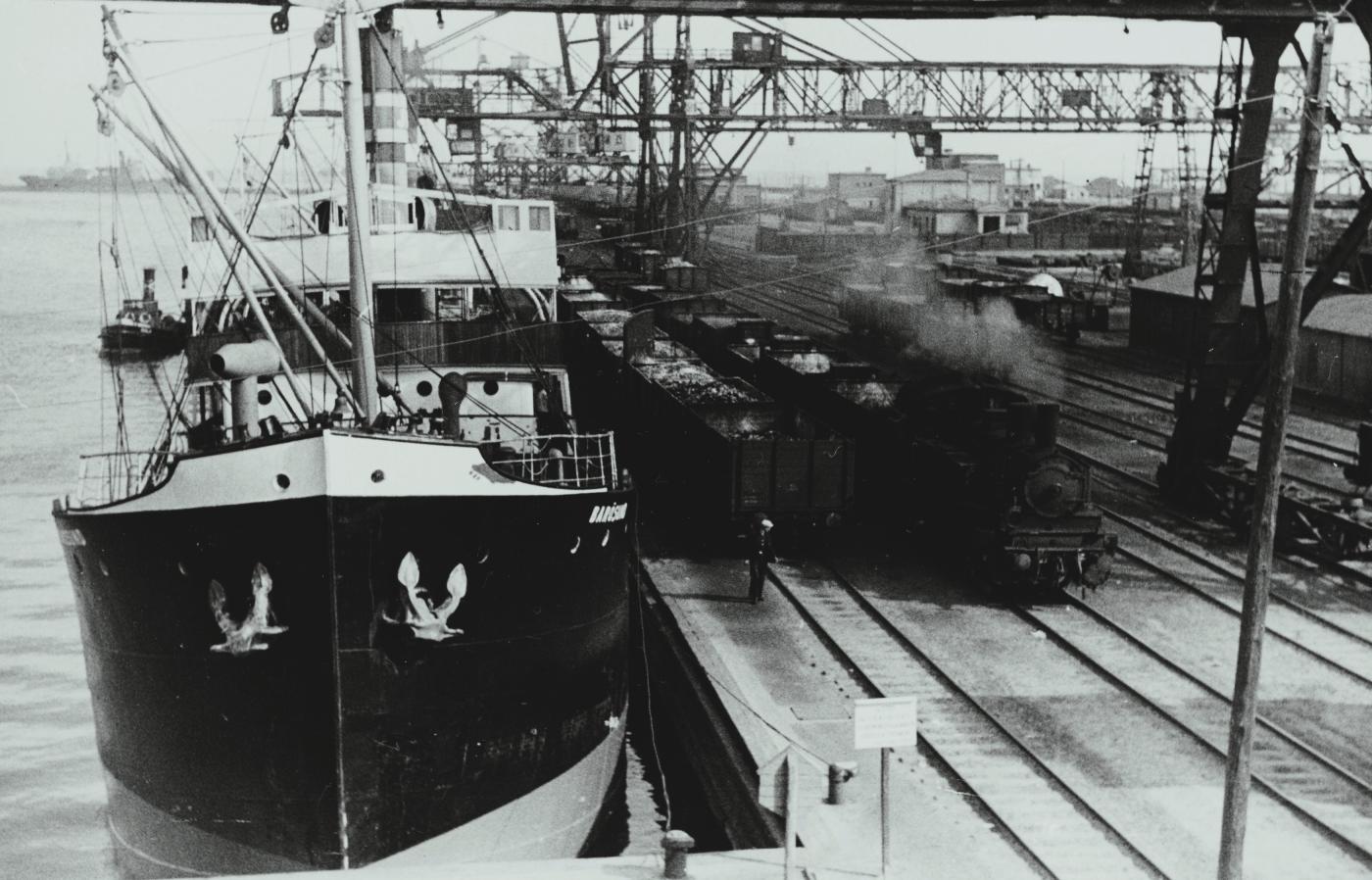2026 the Year of Gdynia. Poland’s maritime heart at the core of national memory and innovation
By resolution of the Senate of the Republic of Poland, the year 2026 has been officially designated as the Year of Gdynia — a symbolic tribute to one of the country’s most pivotal maritime and economic centers, marking the 100th anniversary of Gdynia being granted city rights. This centennial offers a timely opportunity to reflect on the city’s immense role in shaping Poland’s maritime identity, driving economic development, and steering socio-political transformation across the 20th and 21st centuries.
history pomerania tricity news15 may 2025 | 07:17 | Source: Gazeta Morska | Prepared by: Kamil Kusier | Print

Molo węglowe w Gdyni. Fiński statek SS Bar? sund . Po lewej holownik bunkrowy Hala wrzesień 1935 roku / fot. Henryk Poddębski / Wikimedia / AP
Gdynia: the port of national aspirations
As emphasized in the Senate’s resolution, Gdynia stands as a “symbol of dynamic economic growth and modernity in Polish history.” The construction of an independent, modern seaport was a strategic objective of the Second Polish Republic following the nation’s rebirth in 1918. On September 23, 1922, the Polish Parliament passed the act authorizing the construction of the port in Gdynia, initiating the rapid transformation of a modest fishing village into a cornerstone of Poland’s maritime infrastructure.
Only four years later, in 1926, Gdynia was granted city rights. Within a decade, it evolved into one of Europe’s largest and most technologically advanced ports. By the 1930s, over 6,000 vessels called at Gdynia annually. The establishment of the State Maritime School further cemented the city’s role in shaping generations of professionals for Poland’s merchant navy.
Maritime DNA: economy and modernity intertwined
Today, Gdynia represents far more than a success story from the interwar period. It is a dynamic, modern port city integrating industry, logistics, maritime education, and cutting-edge technologies. Home to nearly 250,000 residents, Gdynia remains a vital node in Poland’s and Europe’s transportation and trade networks. Its seaport is among the most diversified in the Baltic Sea region, efficiently handling containers, bulk cargo, general cargo, and passenger traffic.
The Year of Gdynia is not merely a retrospective celebration. It is a forward-looking initiative — a platform to promote Poland’s maritime economy, reaffirm the strategic significance of its seaports, and underscore the need for sustained investment in infrastructure, innovation, and maritime education.
Why the year of Gdynia matters — beyond the centennial
This Senate designation recognizes Gdynia as a national symbol — a city that has consistently proven that Poland’s presence on the Baltic is more than geographical; it is strategic. The year 2026 offers the maritime industry an unparalleled opportunity to highlight its contributions, strengthen its voice in public and international discourse, and attract the next generation of maritime professionals.
As the Senate noted: “Let 2026 be a time to commemorate Gdynia’s exceptional history — and a catalyst for future creative development grounded in tradition and achievement.”
Gdynia: A City of the Future Anchored in Tradition
This centennial year is the perfect moment to rediscover Gdynia — a model of the modern European port city that has, for a century, merged maritime legacy with forward-thinking progress. For media, local governments, cultural institutions, maritime academies, and industry stakeholders, 2026 presents a unique opportunity to intensify efforts to showcase Gdynia’s potential on both the national and international stage.
Kamil Kusier
redaktor naczelny
comments
Add the first comment
see also
Gdynia at 100: ceremonial city council session highlights Poland’s maritime strategy
Poland’s wedding to the sea in Puck: President Karol Nawrocki commemorates 106th anniversary
Gdynia at 100: A Strategic port city celebrates its maritime identity
A city designed from the sea. one hundred years of Gdynia as a project ahead of its time
106 years ago Poland “turned to the sea”. Split celebrations, one goal: a strong maritime Poland
IPN Gdańsk highlights maritime cities and port heritage in its 2026 programme
December 1970: remembering the maritime workers of Gdynia
Cadet Day: tradition, heritage and the professional formation of future naval officers
Gdynia marks its centenary. A port city that shaped Poland’s maritime future
A commanding return: former CO of KNM Stord revisits his submarine decades later
ADVERTISEMENT
ADVERTISEMENT